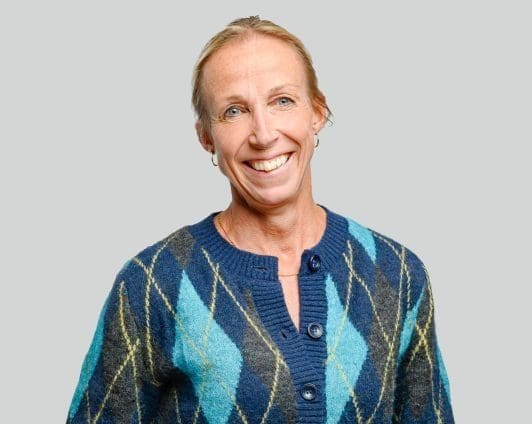What’s included?
At the beginning of this year, reality TV star Adam Collard opened up about his painkiller addiction.
He called 2024 the ‘hardest year of my life’ having suffered with an addiction to both painkillers and sleeping pills, which he said he was taking due to poor mental health and feeling lost.
Tens of millions of prescription painkillers are given to patients every year.
According to a study published in the journal ‘Addiction’ in 2024, one in three people taking prescribed opioid analgesics show signs of addiction.

Up to a quarter of adults globally are affected by chronic pain, and one in three of these people are prescribed opioid analgesics to treat this.
Opiate-based prescription painkillers are extremely addictive and can create a drug tolerance and dependence within as little as 5-7 days of continuous use.
Sleeping pills, weight loss pills, and medications for depression and anxiety can also be particularly problematic for people who begin to use them outside of the recommended dosage.
Often, counterfeit cheaper alternatives to prescription drugs are available online and on the streets. These are particularly high risk, not only for addiction but also for life-threatening reactions and overdose.

Call us confidentially at any time to speak to a member of our team.
Call us now: 0330 111 2015
Their potency and questionable chemical formulas are unpredictable in their effects.
While a GP may stop a prescription if they feel a patient is misusing it, this often leads to the person looking online for alternatives due to withdrawal.
We also see painkillers and prescription drugs being used by some to come down from other recreational drugs, and this use can then escalate the situation further.
Many people with prescription drug addiction refuse to acknowledge that they have a problem. Just because a drug is prescribed does not mean it cannot be harmful.
How to tell if family or friends are struggling
If you’re concerned about a loved one who may be struggling with this addiction, there are many signs to look out for:
Physical signs:
- Regular doctor visits for recurring medical issues
- Seeking multiple doctors for increased prescriptions
- Appetite changes and significant weight fluctuations
- Dishonesty and defensive reactions when asked about prescription drug use
- Neglect of personal hygiene and appearance
- Emotional withdrawal and unavailability
- Unusual hostility or aggression
- Emergence of new health issues due to drug abuse
- Drastic alterations in sleep patterns
Psychological signs:
- Poor decision making such as engaging in risky situations
- Difficulty concentrating and focusing on tasks
- Memory problems and inability to think clearly
- Withdrawing from social situations and not being themselves
- Becoming more nervous or paranoid
- Constantly fidgeting or being unable to sit still
- Lying and becoming deceitful while trying to hide their behaviour

How Delamere can help
If you or a loved one are struggling with painkiller addiction, Delamere can help.
On admission, guests undergo a clinical detox if necessary to safely ensure that any substances are out of the body.
The Stop, Start, Grow, Bloom treatment model is individualised to focus on the person as well as the addiction, and uncover the root causes that have brought guests to Delamere.
Incorporating one-to-one counselling, group therapy and holistic therapies such as yoga, reiki, and equine therapy, Delamere provides guests with the tools that they need to grow beyond addiction.

Call us confidentially at any time to speak to a member of our team.
Call us now: 0330 111 2015








